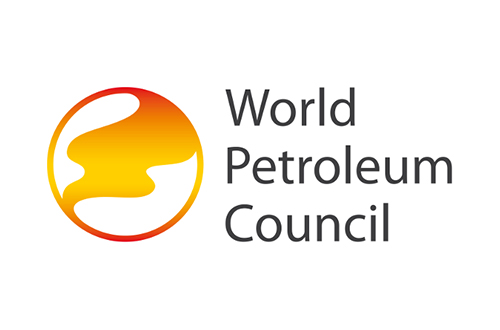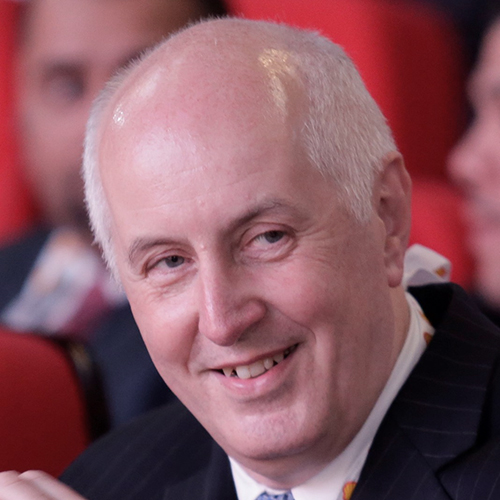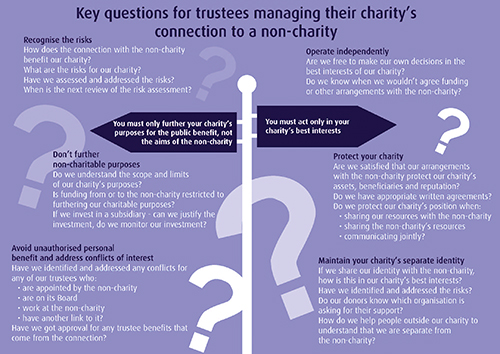How does an organisation become a UK charity, when it’s part of the global oil and gas industry ?
“Rickard Luckin handle all the annoying bureaucracy and paperwork for us. They are also incredibly friendly and helpful to deal with.”
(Dr Pierce Riemer, Director General of the World Petroleum Council)
Headquartered in London, The World Petroleum Council (WPC) was created in 1933 by Thomas Dewhurst, then-President of the UK Institute of Technologists.
Predating global sustainability concerns by several decades, Dewhurst’s original mission was that people from around the world would come together to discuss oil and gas for the benefit of mankind, in a neutral and non-political forum.
Today the WPC’s core objective remains broadly unchanged, under the leadership of its London-based Director General, Dr. Pierce Riemer. The organisation encompasses 70 global member countries, whose National and Young People’s Committees represent over 96% of the world’s oil and gas production and consumption.
The WPC-organised, triennial World Petroleum Congress, hosted by a different member country each time, is known as the ‘Olympics’ of the petroleum industry. Future-focused and attended by high-profile industry leaders from member countries, the event examines all aspects of the industry and facilitates sustainable growth.
The WPC has been awarded accreditation as a Non-Governmental Organisation by the United Nations, and in 2012 it gained charitable status in the UK.
However, the journey to become a UK charity was much more challenging than the WPC had originally planned.
The WPC charity quest
The WPC has always existed as a not-for-profit organisation. However, from a legal and financial standpoint, the organisation did not officially exist in the UK. Its finances were held in offshore bank accounts, which meant that all finance-related meetings and decision-making had to take place outside of the UK.
Dr. Riemer was appointed as Director General in 1999, and was immediately uncomfortable with these complicated financial arrangements. He felt that there was clear scope for the WPC to operate as a UK charity.
On paper, this should have been a simple transition. In addition to the World Petroleum Congress, the organisation arranges an extensive programme of global events, with the resulting profits secured in a central legacy fund that directly assists the host country, as well as smaller countries without the capacity to host large, prestigious events.
In 2000, the first legacy fund produced $5m in free educational support for 1200 Canadian students, and has since gone on to assist students, workers and organisations in Rio, South Africa, Madrid, Moscow, Doha and Turkey.
To begin the process of officially becoming a charity, the WPC initially received some free advice from an accounting firm with experience in such matters. Despite this, the organisation’s first proposal was rejected by the Charity Commission.
Dr. Riemer believed that there remained a strong case, and engaged Rickard Luckin to provide in-depth professional support, in addition to the regular auditing services they already undertook for the WPC.
Rickard Luckin began a comprehensive review, revising the WPC’s visible documentation. They also helped to rewrite its constitution in accordance with Charity Commission requirements, and to remove any potential misunderstanding that the WPC benefited the oil and gas industry itself, rather than its actual mission of working for the public benefit.
The firm also successfully assisted with several challenging moments along the way, such as relocating offshore bank accounts back into the UK, and re-registering for VAT.
Though all WPC funds are used to benefit the organisation’s members, it was discovered that income received from some of its publications was not officially classed as charitable. Advice was provided to establish a trading subsidiary, with profits donated to the charity.
In 2012, the WPC was successfully awarded UK charity status.
Looking ahead
The sixth WPC Young Professionals’ Forum will take place in St Petersburg in 2019, along with its high-profile Leadership Conference in Dubai.
The next World Petroleum Congress will be staged in Houston, in 2020. As the event is estimated to generate around $45m in hotel and retail spend, Houston’s mayor has agreed for 100% of the city’s Congress profits to be donated to the WPC’s central legacy fund.
These highly profitable events, combined with the WPC’s charity status, mean that the organisation continues supporting students, workers and organisations all over the world.
If you have any questions about the above, or would like more information specific to your circumstances, please enter your email address below and we will get in touch:
Dr. Riemer has some advice for organisations looking to convert to charitable status
“I would always advise taking professional advice when necessary. We had stumbled once before, so we needed people who knew what they were doing. We found this through our relationship with Rickard Luckin.
Not only do Rickard Luckin ensure we meet all Charity Commission requirements, but they help keep us legal! They have always supported the goals of our organisation, and everybody is incredibly friendly and helpful, even when they have to tell you things you would rather not hear.
At the WPC, we like working with nice people. That certainly describes everybody we’ve met from Rickard Luckin.”














